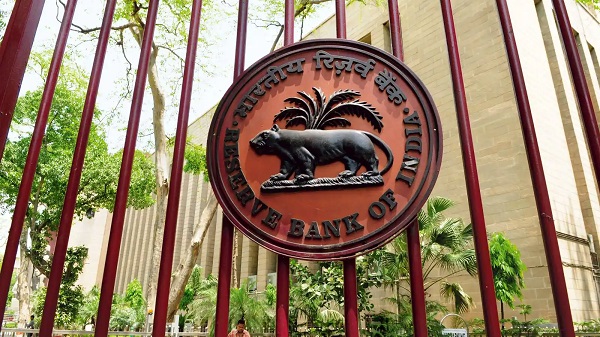GG News Bureau
New Delhi, 21st Feb. Following the recent suspension of activities by Paytm’s banking affiliate, regulators in India are intensifying their efforts to curb potential fraud in the financial sector. The move has sparked concerns among investors and signaled growing impatience from authorities.
India made headlines last month when it abruptly suspended most activities of Paytm’s banking affiliate, once a prominent player in the fintech industry backed by prominent investors such as Warren Buffett and SoftBank Group Corp. The suspension came amid allegations of lapses in customer verification, with Paytm allegedly using a single identity document to open thousands of accounts.
This crackdown on Paytm is just one example of the regulatory challenges facing the financial sector in India. Banks and fintech firms are frequently fined for failing to properly vet customers, with top lenders like State Bank of India and global institutions like Citigroup Inc. facing penalties. The Reserve Bank of India (RBI) is expected to escalate its enforcement actions before Governor Shaktikanta Das steps down later this year.
“RBI has enough tools and a penalty is just the beginning,” said Prakash Agarwal, founder of Gefion Capital Advisors. He added that the fines serve as a warning of more severe measures to come, such as stricter actions against institutions like Paytm bank.
Regulatory concerns are mounting as banks and fintech firms rush to open more accounts to meet the increasing demand for loans in India’s rapidly growing economy. However, challenges persist in the verification process, particularly at the last mile, where customer verification is often outsourced to third-party firms or individuals.
RBI Governor Das has repeatedly emphasized the importance of strengthening risk management in banks and shadow lenders. Despite a decrease in bad debts, lapses in customer verification remain a major concern for the central bank.
The number of reported fraud cases in India has been on the rise, particularly in areas such as credit cards, online transactions, and deposits. In response, RBI has increased its enforcement actions, imposing fines more frequently and cracking down on non-compliant institutions.
While the crackdown on Paytm has garnered significant attention, it is just one part of a broader effort by regulators to address systemic issues in the financial sector. Compliance and accountability are becoming increasingly important as the industry evolves, with regulators sending a clear message that rules must be followed diligently.
“With such a sharp growth in so many small fintech firms in the ecosystem, RBI probably wants to put out a stern and clear message that everyone must follow rules very seriously,” said Prakash Agarwal of Gefion Capital Advisors.


Comments are closed.